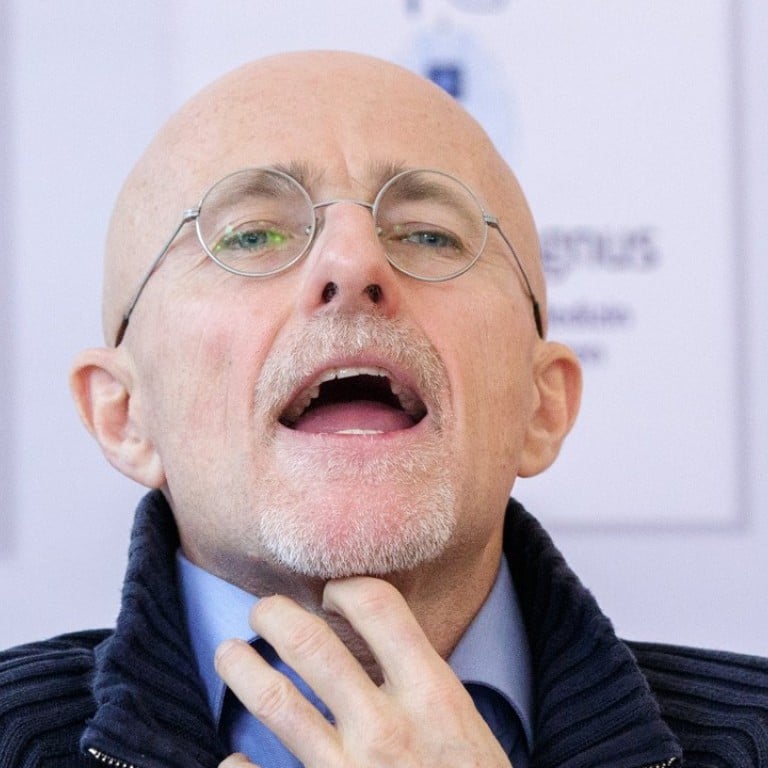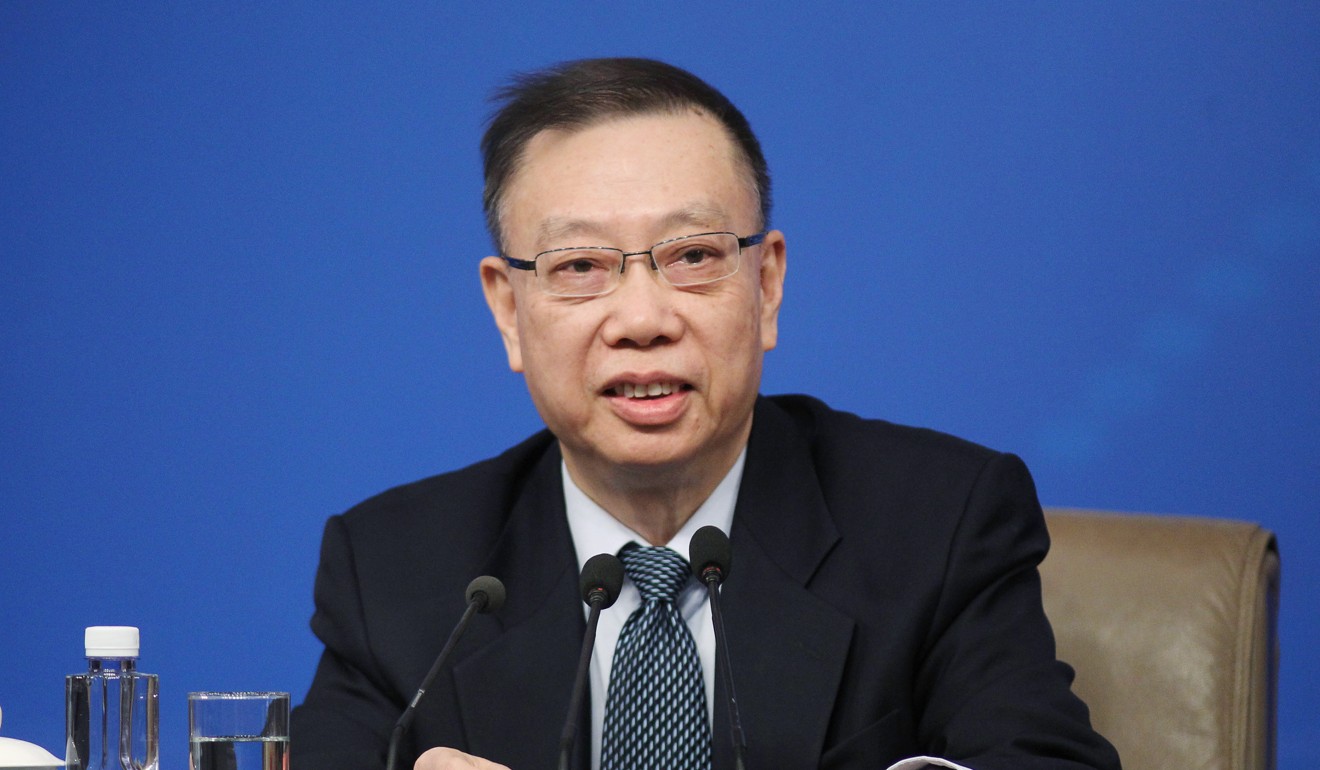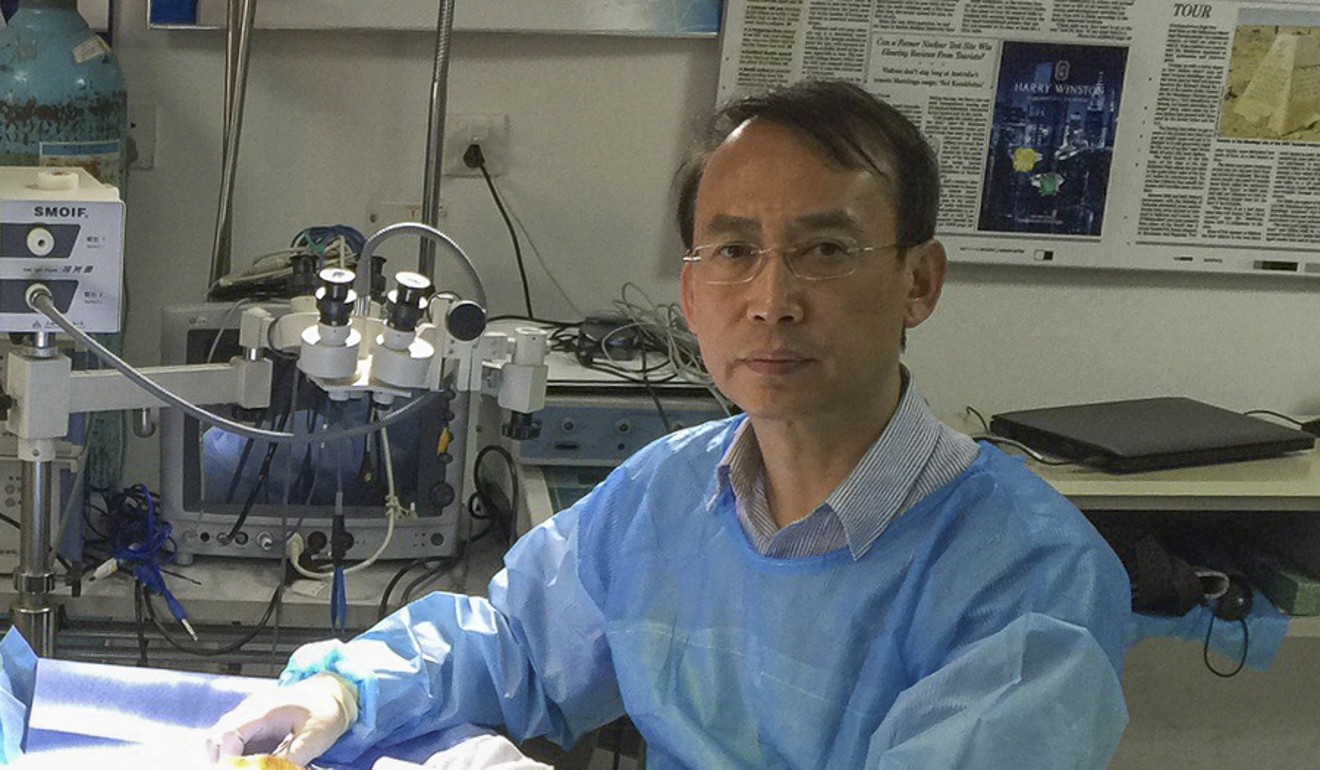
Human head transplants are not allowed in China, warns senior health official
Head of transplant committee attacks procedure as ‘publicity stunt’ and calls for ethics committee to act
The head of China’s transplant committee has attacked research into human head transplants, saying it violated current regulations.
Huang Jiefu, the director of China’s Organ Donation and Transplantation Committee, decried the transplants as a “publicity stunt”.
Huang, a former deputy health minister who has previously condemned the “impossible” ethics of such transplants, was speaking after a Chinese surgeon published the results of an experimental procedure on two corpses last week.
“China absolutely does not allow this type of clinical trial to occur in the country,” he was quoted as saying by Thepaper.cn, adding he hoped the relevant ethics committee would take action. “As a transplant surgeon, I explicitly oppose this type of publicity stunt.”

His strongly worded comments come after Harbin Medical University professor Ren Xiaoping and Italian neurosurgeon Sergio Canavero published the results of a 18-hour procedure that saw them connecting the spinal cord and blood vessels of one head to another deceased body.
The experiment, detailed in the medical journal Surgical Neurology International last week, prompted a backlash from others in the medical profession, who have questioned the ethics of pursuing a head transplant.
After its completion, Canavero claimed in a Facebook post that the first human transplant on living patients was “imminent.”

Ren himself has acknowledged the controversy, admitting on Tuesday that there was “some distance to go” before the procedure could be conducted clinically on live humans, such as patients with spinal muscular atrophy or cancer.
“I am a scientist, not an ethical expert,” he said. “What I should do is to solve scientific and technological problems in head transplant surgery.”
But Huang argued that China’s scientific community needed to ensure it took a responsible approach in its work, particularly after rehabilitating its international image in the field of transplants following a scandal over harvesting organs from prisoners.
“There are thousands of patients in the world who have disabilities due to spinal cord injuries, so why don’t the so-called head transplant scientists bring out experimental evidence of recovery for damage to the central nervous system?” he was quoted as saying.
“[China] needs to rely on an indisputable ethical approach to walk onto the centre of the world stage for organ transplantation.”

